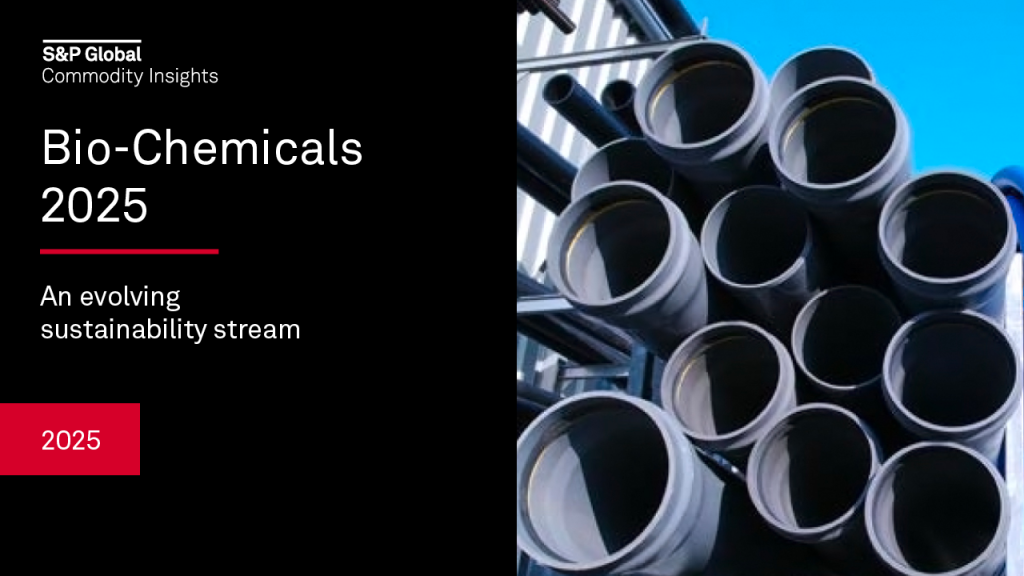Mountain Equipment Co-op Energy Efficiency and Waste Reduction
Mountain Equipment Co-op’s new Ottawa store may well be the most environmentally friendly retail building in Canada. By recycling and using highly efficient building materials — such as straw bales — the Ottawa location will consume about half the energy than a conventional store of comparable size. Although the cost was about 10% more than that of traditional construction, MEC expects to recover the premium it paid in ten to 12 years through energy savings.
With several retail locations across Canada — including Vancouver, Calgary, Edmonton, Toronto and Ottawa — Mountain Equipment Co-op sells a wide range of products and services for outdoor activities, such as hiking, canoeing and mountaineering. While MEC is not a typical retail operation — it is a not-for-profit, member-owned and directed retail consumer co-operative — it had total revenues of $139 million in 1999. The co-op has 1.4 million members, and employs more than 1,000 people across Canada, with between 90 and 100 workers at the Ottawa outlet.
MEC’s corporate vision is to establish itself throughout Canada as a leader in environmental and social responsibility. One of the ways it does this is by demonstrating that opportunities to reduce operating costs through energy efficiency and environmentally friendly building techniques are real. The co-op’s environmental goals are strongly shared by its employees, and its Board — which supports the green building program through the co-op’s overall operating policy.
The Ottawa retail outlet is the latest product of MEC’s vision. And while it incorporates the greatest number of environmentally related initiatives of any of its stores so far, the co-op points out that the Ottawa store is simply a natural evolution of MEC’s efforts to “green” the construction of its older locations in Vancouver, Calgary and Edmonton.
MEC’s Ottawa outlet is the first retail store in Canada that complies with Canada’s C-2000 Green Building Standard. That means the new store was designed and built to have the least possible impact on the environment. For example, of the original, 40-year-old building that was renovated to house the new store, fully 75% (by weight) of the original materials were retained. Timber was reclaimed from the St. Lawrence River and used for new construction in the building — and about 80% of all the materials used in construction were obtained within a 500-km radius of the site, to minimize the upstream environmental impacts from transportation.
Overall, more than 55% of the materials (by weight) in the new building were recycled, cleaned up and reused — including steel beams, cellulose insulation, rock wool from recycled material, wood from other dismantled buildings and bricks from the old building on the site.
The building’s design also complies with strict indoor environment guidelines on air quality. To provide maximum comfort for shoppers and staff, there is room-by-room ventilation, along with noise and humidity control. The building maximizes the use of natural light through a roof monitor and skylights. And its double paned, argon gas-filled windows are designed to promote heat retention in winter, and minimize solar gain in summer.
A CO2 sensor adjusts the building’s fresh air supply, based on how many people are in the store. As well, rock wool insulation in the walls and roof increases the overall thermal efficiency of the building envelope.
One of the building’s most unique features is that one whole wall was constructed from 100 bales of straw with a 1-centimetre coat of stucco — to demonstrate how a low-impact technology using biomass can easily replace more conventional materials whose production creates more greenhouse gas emissions.
The new store’s unique construction and design features have had a number of other tangible benefits. One of those was the extensive media coverage the store received when it first opened, since a significant number of interested consumers and local media turned out for the grand opening of the new location. The numerous media reports on the many environmental features of the Ottawa store have made a significant contribution to the association of the MEC brand name with the co-op’s vision of social and environmental responsibility. Moreover, MEC’s Ottawa employees are happy, since the new building provides an excellent work environment.









